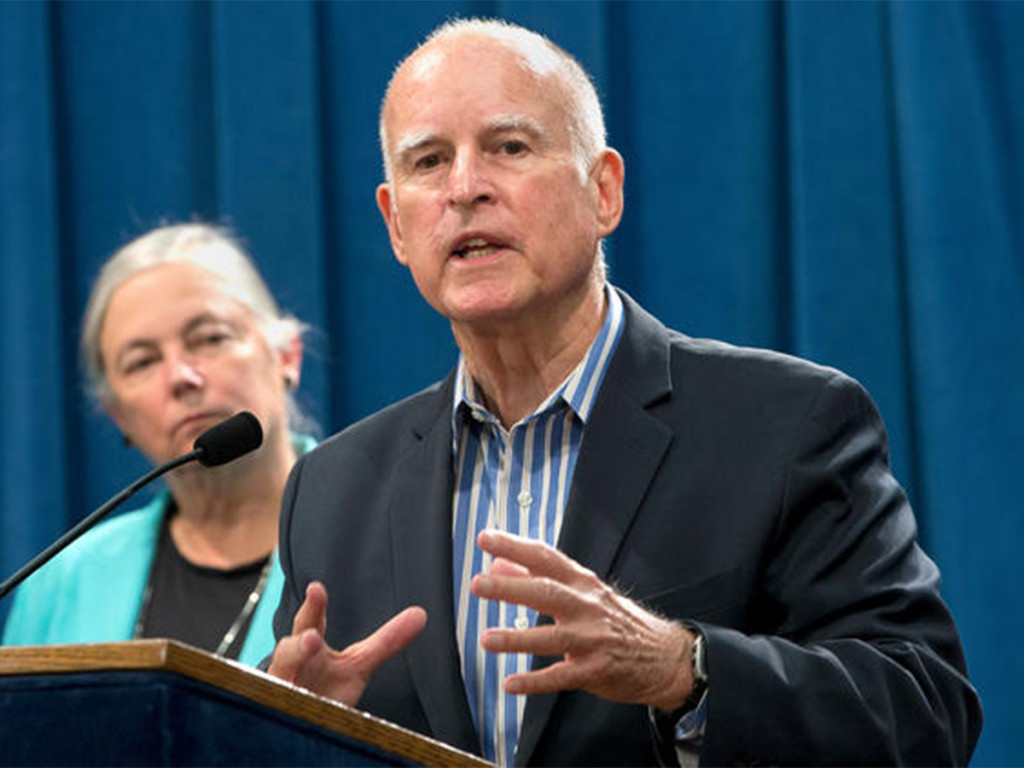
On Thursday, Sept. 8, California Gov. Jerry Brown signed legislation SB 32 into law as an effort to reduce California’s carbon footprint. With the goal to reduce greenhouse gas emissions 40 percent below 1990 levels by 2030, legislators will continue working to create policies that encourage sustainability within the state. However, scientists and researchers question the state’s ability to reach the set goal in light of the impact it would have on California residents and the strain of economic resources.
Currently, the state offers incentives to various business groups and residents to encourage sustainable lifestyles. In a state where most people have to commute to work, subsidies are offered to commuters who purchase electric cars instead of gasoline-powered cars that are not conducive to the state’s climate goals. However, since this practice alone is not enough to reach the levels desired by 2030, the state is also pushing developers to create communities that are better suited for mass transit, as well as encouraging innovators to create cleaner technologies.
While some proponents view this legislation as an example of the measures that need to be taken to reverse the effects of climate change, others believe it is not a feasible goal with regards to the impact it will have on California businesses and residents. In a statement to the Los Angeles Times, president of the state’s Chamber of Commerce, Allan Zaremberg claims that the law doesn’t require “regulatory agencies to give any consideration to the impacts on our economy, disruptions in everyone’s daily lives or the fact that California’s population will grow.”
In addition to the challenges that California’s growing population presents, lawmakers also will need to anticipate backlash in response to the raising of taxes to fund the environmentally conscious policies they aim to implement. This also means that businesses will have to adhere to stricter regulations, which could potentially lead to some resistance in light of the ongoing legal battles with the cap and trade program that has generated billions of dollars since being implemented. The cap and trade program requires businesses to purchase permits in order to release emissions into the atmosphere, but businesses question the constitutionality of the tax and the California Chamber of Commerce has since brought the issue to court.
Legislators who supported the bill hope that SB 32 will serve as an example of the types policies that need to be implemented in order to improve current climate conditions.
In regards to the challenges that conservative ideology and Republicans presented when trying to pass the bill, Gov. Brown said he hopes to change the views of Republicans and other conservatives who continue to deny climate change. “I don’t want to be partisan, but these guys deny science. Anybody who lies like that should not be listened to. That’s all.”








